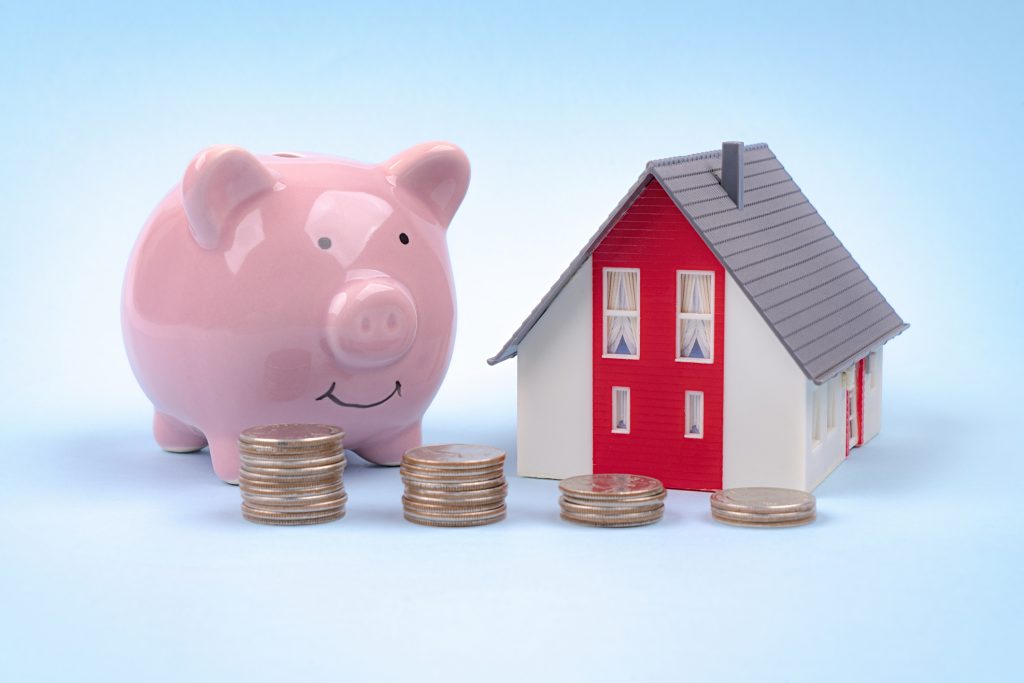While the thought of owning a home is thrilling, meticulous planning and discipline is needed to save for a house. The first step is to establish a budget, especially for renters, to help determine an affordable monthly payment. A common rule suggests not exceeding one-third of your income on housing expenses. It is important to set realistic goals for what you can afford.
A mortgage calculator can be a helpful tool to estimate your potential monthly mortgage payments. Inputting basic information like loan amount, interest rates, and loan terms will show different scenarios to consider.
Deposit or Down Payment Amount:

Understanding the significance of the deposit or down payment will aid in aligning your savings goals. A larger down payment impacts interest rates and insurance while balancing its effect on your budget and savings timeline. Traditionally, aiming for 20% of the home’s cost may be appropriate, but this can vary. Many lenders offer products with much lower down payment amounts if certain qualifications are met.
Unveiling Hidden Costs:
Beyond the down payment and mortgage are many other impending costs that are important to consider when saving for a house:
Inspection: A home inspection is an immediate expense ranging from $300-$500. Professional inspections could expose issues which might impact your budget. These evaluations might also reveal potential maintenance, which could require you to reevaluate the purchase.
Closing: Administrative fees and attorney charges can cost a buyer up to 2%-5% of the home’s price.
Taxes, Insurance, and Repairs: Property taxes, mortgage insurance, and expected repairs post-purchase should be considered.
Moving: Moving costs can range widely from a few hundred dollars to $15,000 or more, depending on how many items need to be transported and how far the destination is.
Utilities: The transition from renting to owning includes taking on increased costs. Every utility bill from trash pickup to water supply could be on your tab.
Purchasing a home is likely to be the biggest expense in your life. Figuring out how much money needs to be saved involves a balance of assessing initial costs, estimating ongoing expenses, and adapting to financial circumstances as they come up. It all starts today by creating a budget and beginning to work towards your goal, one day at a time!
* The examples provided are general averages and may not reflect all scenarios. All loans are subject to credit approval.
